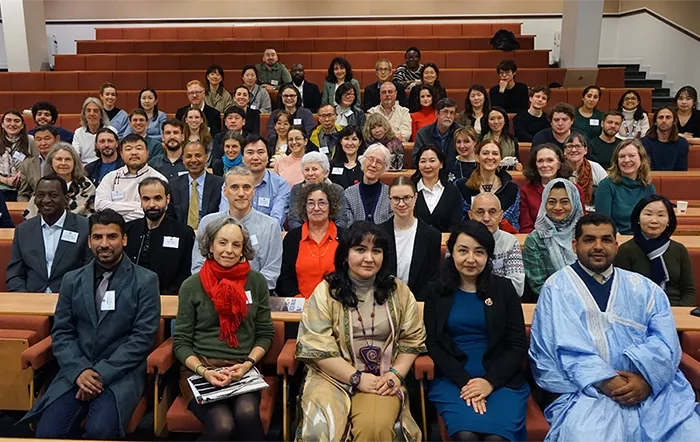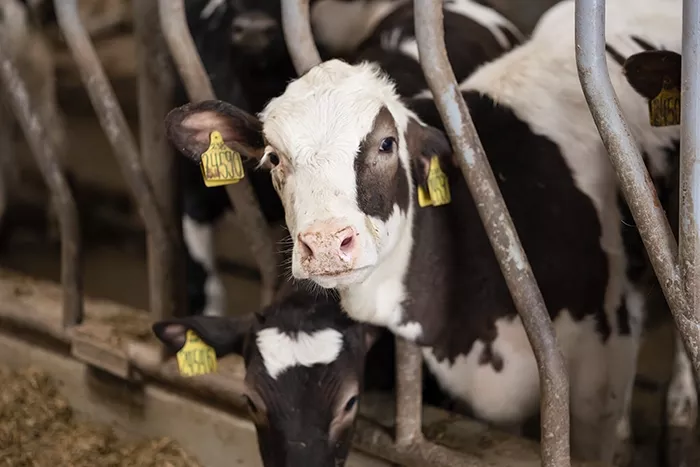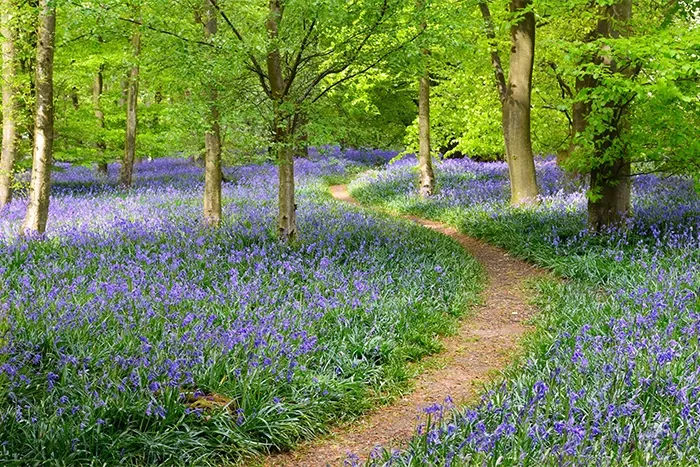The food industry will go to great lengths (and spend a fortune) to lobby policymakers, confuse the public and politicise scientific findings. When scientific evidence indicates the need to phase down environmentally harmful or unhealthy products, the responsible industry pushes back. In an article for The Conversation, Stephanie Walton, DPhil candidate in the School, explores how stranded assets may be motivating this resistance and examines the possible solutions.
News

SoGE MSc student Tabina Manzoor gives opening address at Right Here, Right Now climate summit
Tabina Manzoor, a Kashmiri student, researcher, and environmentalist currently pursuing an MSc in Water Science, Policy, and Management at SoGE, served as a student co-moderator at Oxford’s recently concluded Right Here Right Now Global Climate Summit, where she also gave an opening address at the Sheldonian Theatre.
From Irish farm to Oxford University: An ecologist's journey
Dr Chloë Strevens is interviewed by student Raphaella Mascia on her journey from growing up on her family's farm in Ireland to becoming an ecologist and Course Director of Oxford University's Biodiversity, Conservation, and Management master's programme.
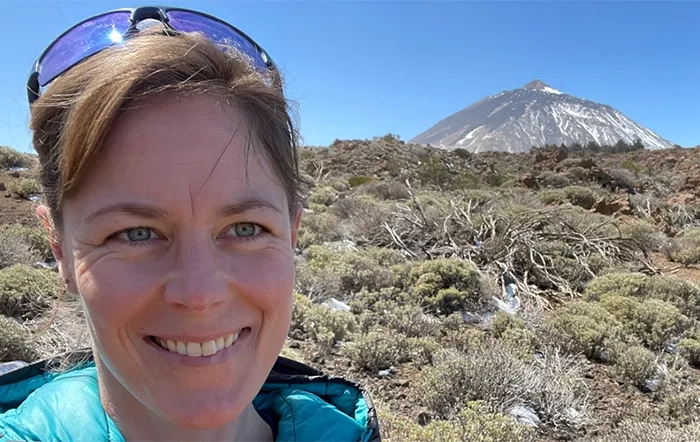
New research finds slow forest recovery in the Andes — and ways to improve
New research led by SoGE researchers could help governments better prioritize restoration and conservation interventions across the tropical Andes. The study evaluated how mountain forests in the region recovered over a 15-year period, identifying four possible recovery trajectories, ranging from natural to arrested.
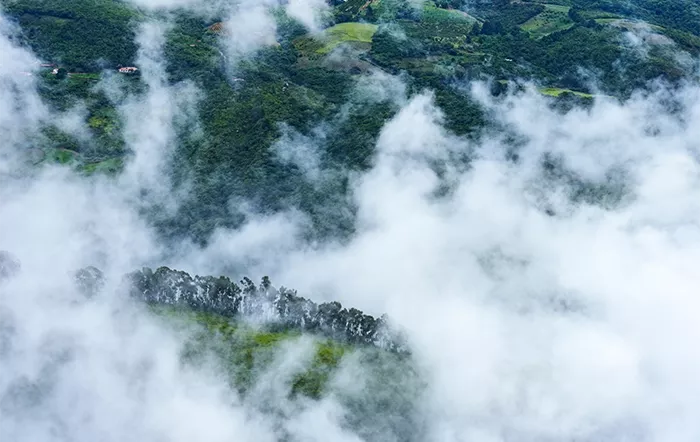
'Herders under pressure' podcast episode live
Polar Pod is a new podcast that explores the regions at the poles of our planet and how they matter to all of us. Created by researchers from the School of Geography and the Environment, the podcast is a product of the Oxford University Polar Forum, and draws together expert voices to answer big questions that polar research is grappling with today.

Royal Society elects eight Oxford scientists as new Fellows
Professor Myles Allen CBE FRS, Professor of Geosystem Science at the Environmental Change Institute, School of Geography and the Environment and Department of Physics, is one of eight academics from the University of Oxford who have joined the Royal Society as Fellows.
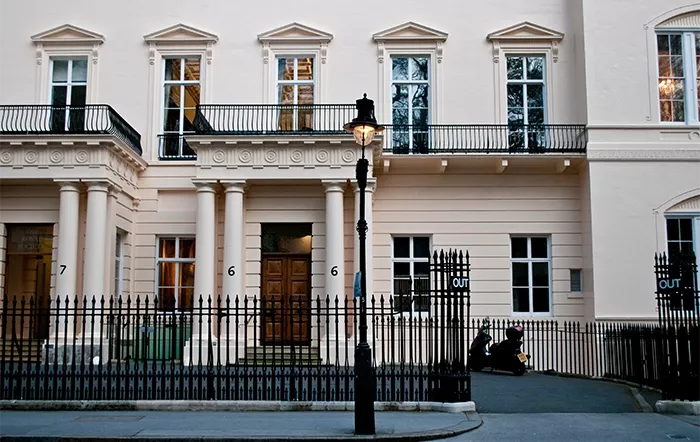
Oxford reports wettest March on record
Oxford University researchers have recorded the wettest March since rainfall records began at the Radcliffe Meteorological Station in January 1827. Attributing March's wet weather to a 'sudden stratospheric warming occurance', observers reported that 133.9mm of rain fell during the month and that 27 of 31 days received rainfall.
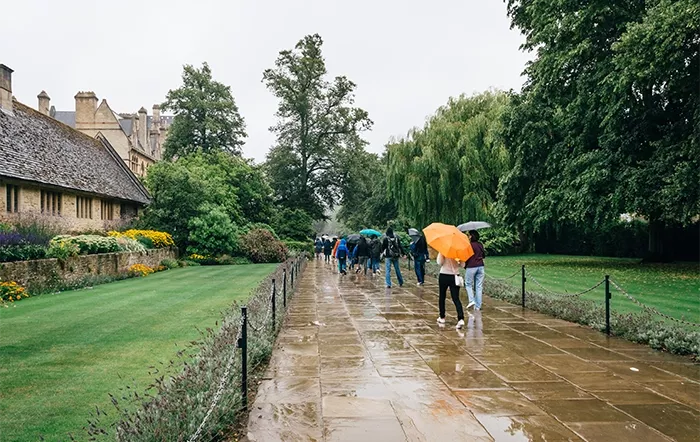
Winners of Teaching Excellence Awards announced
Congratulations to Dr Lisa Wedding and Prof Anna Lora-Wainwright who are among the recipients of the Social Sciences Division's 2023 Teaching Excellence Awards. The awards recognise the outstanding contributions to teaching, learning and the academic development of students shown by colleagues across the Division.
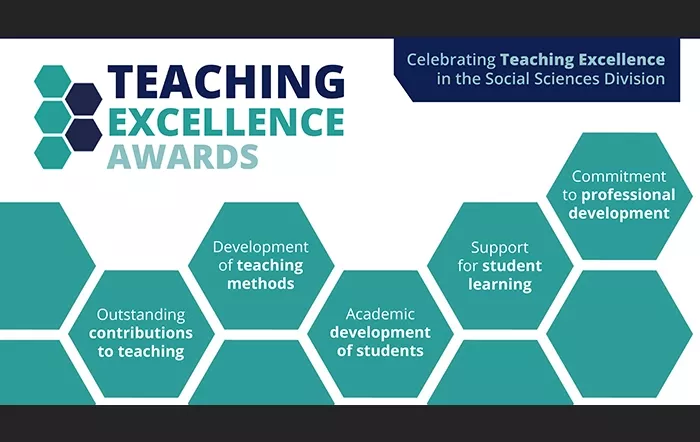
Passing Water
What's the problem with our water? Untreated sewage is pouring into our rivers and onto our beaches. Despite the wettest March in 40 years, a hosepipe ban has been imposed in Devon. Something is going badly wrong with the companies that run our privatised water system. Is it just a lack of investment? Dr Kevin Grecksch gives Phil Dobbie and Roger Hearing the details in a new podcast for The Why? Curve. Click through to listen in full.

Why learning to listen will help you avoid 'helicopter research' and make you a better science communicator
A year of failed fieldwork in Africa led Dr Sallie Burrough to ask questions about how researchers interact with the societies they work in. She shares five tips for transparent, inclusive practices in an article for Times Higher Education.
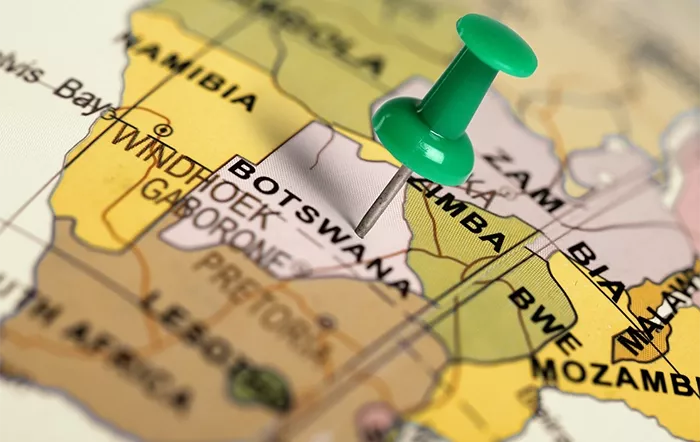
Dr Lisa Wedding awarded Cuthbert Peek Award in 2023 Royal Geographical Society (with IBG) Honours
Dr Lisa Wedding has been awarded the Cuthbert Peek Award for pioneering marine remote sensing research in the 2023 Royal Geographical Society (with IBG) honours.
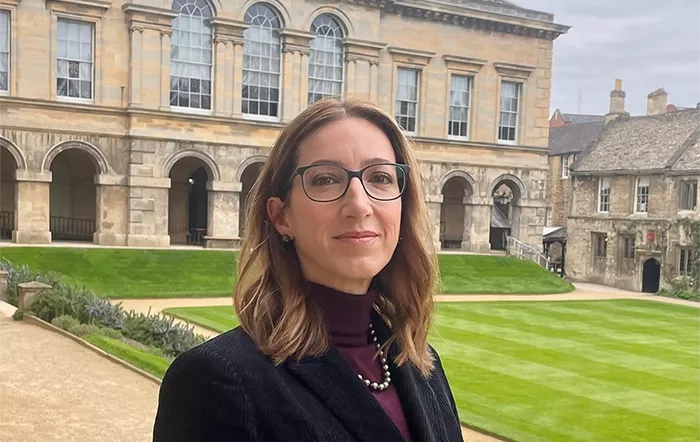
6th Interdisciplinary Desert Conference
The 6th Interdisciplinary Desert Conference was held in SoGE from 16-17 March 2023. The conference brought together academics and non-academics who research, work and live across the world's desert and semi-desert regions for two days of vibrant talks, presentations, panels and networking opportunities. Conference organiser, Ariell Ahearn, reviews the interdisciplinary event which allowed social and physical scientists to exchange views, develop lasting collaborations and make a positive global impact.
